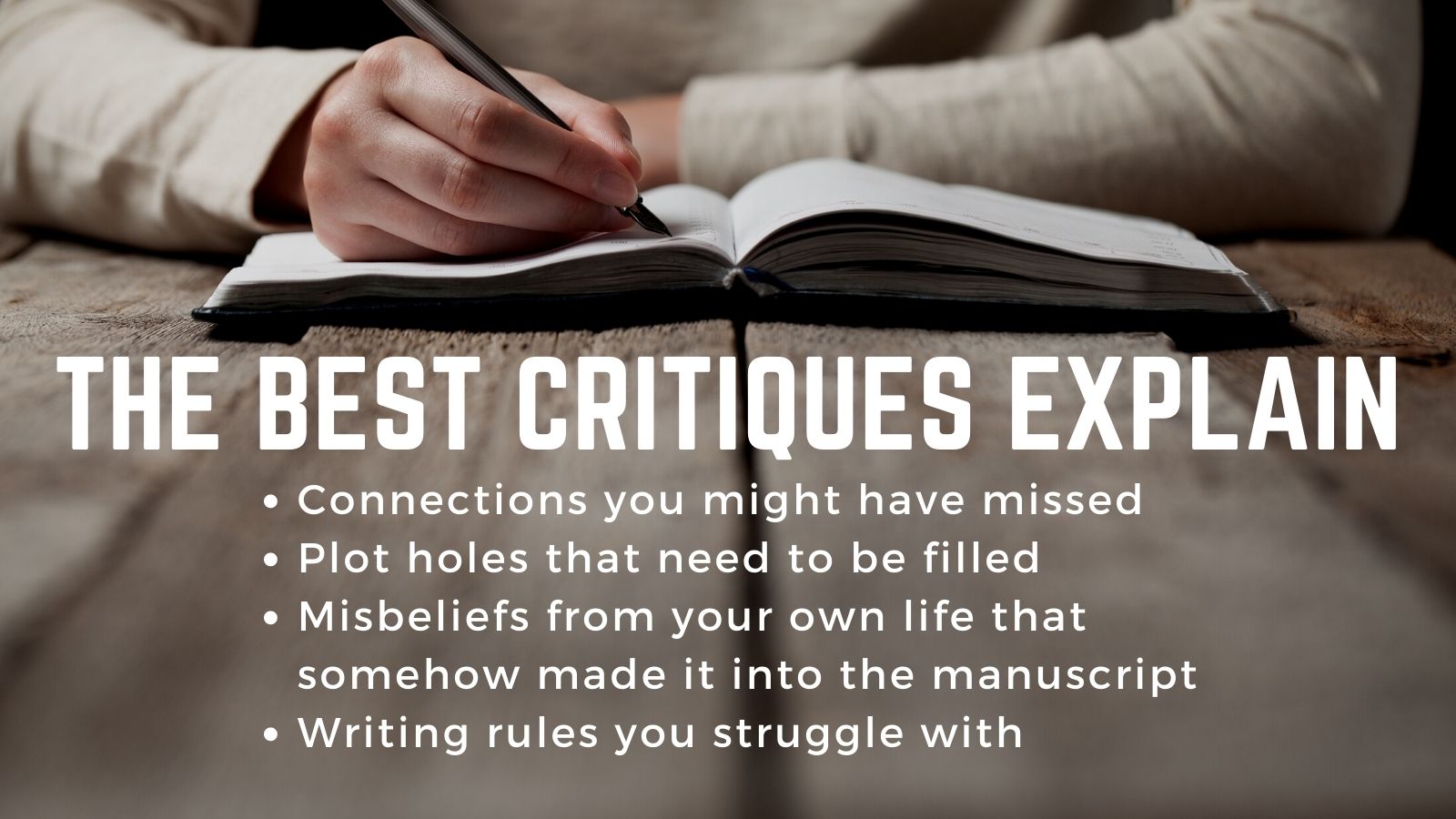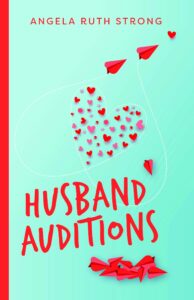by Angela Ruth Strong, @AngelaRStrong
A counselor once told me that 90% right can be 100% wrong. This is both good and bad news, but either way it fits critiquing each other’s work.
The good news is that if you get a critique saying your book doesn’t work, it doesn’t necessarily mean you have to scrap the whole thing. It may feel like it at first, and you’ll probably be overwhelmed with the changes needed, but after your emotions simmer, you can look at the advice objectively and see what adjustments must be made to get your story back on track. I’ve heard editors say they are surprised how often an author never resubmits when they ask for changes. You might be closer to success than you realize.
The bad news is that if you don’t make those changes, your submission will be 100% wrong. You can argue all the good points and get emotional about why you can’t change certain things, but that doesn’t fix your story.
So what you need is a critique partner who can look at your book and tell you how to fix the ten percent that is wrong. Because if YOU knew how, you’d have done it in the first place.
There are critique partners who only see the good. Those are the kind of critiques we all want. They make us feel brilliant and loved. Unfortunately, they convince us to argue the merits of our story rather than do the work to polish it.

There are also critique partners (or maybe life partners) who aren’t visionary enough to understand that imperfections can be fixed. They only see what’s wrong and tell you not to submit or publish. This is especially disheartening, and every successful author has to believe in themselves enough to overcome such negative comments.
The best critique partner gets your message, plot, and characters, and they offer suggestions to make your story even stronger. They explain connections you might have missed, plot holes that need to be filled, a misbelief in your own life that has somehow made its way into the manuscript, or even writing rules you struggle with.
I will be the first to admit, this kind of feedback can be hard to swallow like a vitamin. In the same way vitamins make me feel nauseous, sometimes a critique makes me feel sick. Even in this last year, I’ve asked God, “Why did you think I could do this?” about a certain project. But it was the guidance of a writer friend that helped me see what I’d missed and turn the project into a proposal that the same critique partner now calls “amazeballs.”
A critique like this is a gift. I wouldn’t be where I am without such honest encouragement. And now I aspire to offer the same gift to others. So when you get feedback, look for the 10% of changes needed to make your manuscript 100% right.
In a world full of happily-ever-after love, Meri Newberg feels like the last young woman on the planet to be single, at least in her Christian friend group. So when she’s handed a strange present at the latest wedding–a 1950s magazine article of “ways to get a husband”–she decides there’s nothing to lose by trying out its advice. After all, she can’t get any more single, can she?
Her brother’s roommate sees the whole thing as a great opportunity. Not to fall in love–Kai Kamaka has no interest in the effort a serious relationship takes. No, this is a career jump start. He talks Meri into letting him film every silly husband-catching attempt for a new online show. If it goes viral, his career as a cameraman will be made.
When Meri Me debuts, it’s an instant hit. People love watching her lasso men on street corners, drop handkerchiefs for unsuspecting potential beaus, and otherwise embarrass herself in pursuit of true love. But the longer this game goes on, the less sure Kai is that he wants Meri to snag anyone but him. The only problem is that he may not be the kind of husband material she’s looking for . . .
Angela Ruth Strong sold her first Christian romance novel in 2009 then quit writing romance when her husband left her. Ten years later, God has shown her the true meaning of love, and there’s nothing else she’d rather write about. Her books have since earned TOP PICK in Romantic Times, been optioned for film, won the Cascade Award, and been Amazon best-sellers. She also writes non-fiction for SpiritLed Woman. To help aspiring authors, she started IDAhope Writers where she lives in Idaho, and she teaches as an expert online at WRITE THAT BOOK.


